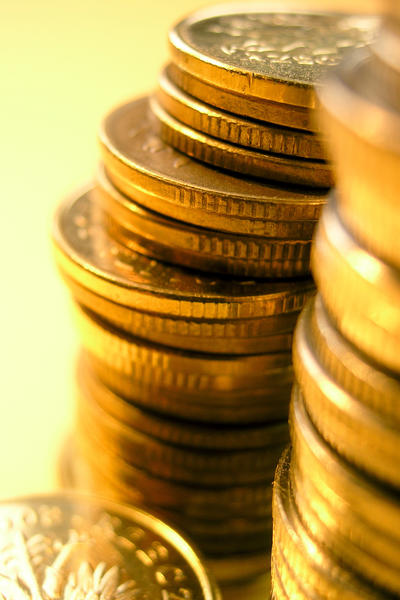I watch “The Daily Show with Jon Stewart” a lot. I don’t normally consider him to be extremely profound so much as amusing, but in an episode this week he said something so intriguing I’m still thinking about it days later.
When discussing the new bailout plan with guest Gwen Ifill, moderator of PBS’ “Washington Week,” Stewart proposed a “trickle-up theory” of economics in which the corporate bailout money goes first to the taxpayers with the sole purpose of paying off the consumer debt and mortgages they have with banks.
“Then they’ll have money, we’ll have no debt and the world will be made of unicorns and rainbows,” Stewart said on the show.
Now Jon Stewart is no economist, and neither am I, but it seems to me that the government should be more or at least equally concerned with the mess that average people are in, instead of this obsessive “bailing out” of corporate giants.
CardWeb.com reported recently that the average American household has $9,200 in credit card debt. This, in addition to mortgages, car notes and student loans have many Americans struggling to stay afloat in a time of massive layoffs.
The meager stimulus checks and tax breaks we’ve received in recent years have done little or nothing to help the average American get back on track.
Why not kill two birds with one stone and allow the taxpayers some tangible personal benefit from the trillions of dollars of our hard-earned cash that’s being thrown around in Washington?
I don’t know about unicorns and rainbows, but I think Stewart is on to something here.

